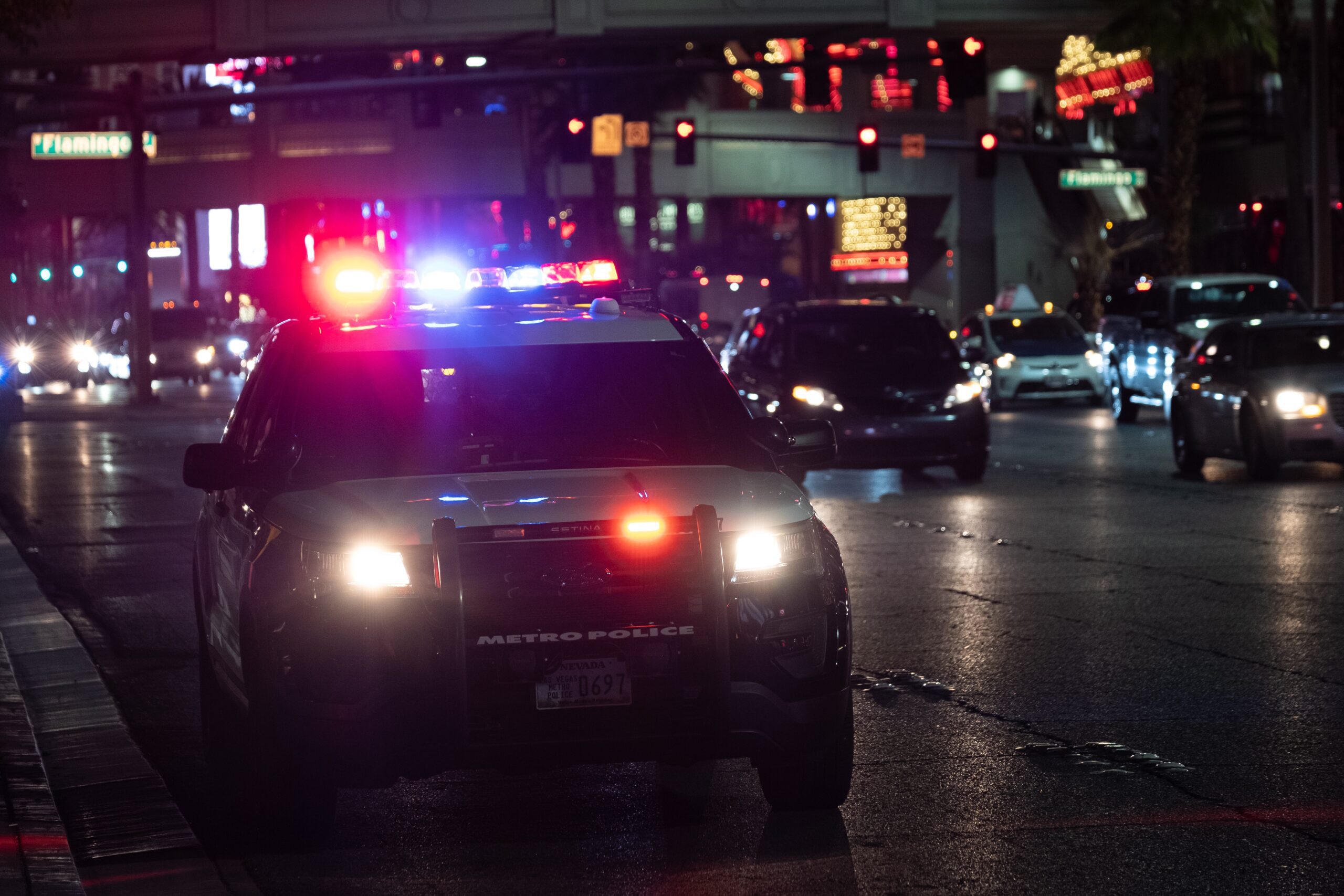When it comes to drinking and driving, the legal landscape can be quite complex. In British Columbia, Canada, the Immediate Roadside Prohibition (“IRP“) has been implemented as part of the Motor Vehicle Act to address this issue. It’s essential to clarify that an IRP is not a criminal charge, unlike offences under the Criminal Code related to drinking and driving. However, this doesn’t mean that the consequences are lenient. Let’s delve into the specifics to understand what an IRP entails and how it affects drivers in Vancouver, BC, and throughout the province.
The Basics of IRP
Introduced in 2010 through Bill 14, the IRP scheme changed how drinking and driving offences are handled in British Columbia. Previously, drivers could face penalties 21 days after an offence, following blood alcohol tests at police stations. The IRP scheme altered this process, allowing police officers to use approved blood alcohol content screening devices on the spot. If a driver’s blood alcohol concentration is over the legal limit or if they refuse to provide a breath sample without a reasonable excuse, a 90-day immediate roadside prohibition can be issued under the Motor Vehicle Act.
Not a Criminal Offence
It’s important to stress that an IRP is not considered a criminal charge. While police officers have the option to pursue charges under the Criminal Code, the IRP scheme is often chosen due to policy considerations. According to the Crown Counsel Policy Manual, there are specific aggravating circumstances that would lead to a criminal prosecution, such as bodily harm or death, prior convictions for impaired driving, and other Criminal Code offences. Without these aggravating factors, criminal charges are less likely to be pursued.
Changes in the Law
In 2018, the federal government enacted Bill C-46, which brought significant changes to impaired driving laws across Canada. Among the changes was the expansion of police powers to require drivers to provide roadside breath samples. Previously, officers needed reasonable suspicion to demand a breath test, but under the new law, reasonable suspicion is not necessary if the officer has an approved screening device or believes alcohol has affected the driver’s ability to drive.
Consequences of IRP in BC
The severity of the consequences depends on the driver’s blood alcohol level. A “warn,” where the blood alcohol concentration is at or over .05, results in a 3-day prohibition for the first offence, 7 days for the second, and 30 days for subsequent offences. A “fail” or refusal to provide a breath sample, with a concentration at or over .08, leads to a 90-day driving prohibition, making it the most severe consequence of an IRP in British Columbia.
Appeal Process
Drivers do have the right to appeal an IRP. There are specific grounds for review, such as issues with the test process, reliability of the screening device, or if the prohibition wasn’t based on the lower of two ASD results. The appeal process offers both written and oral review hearings, with costs associated with each option.
Overturning the IRP
If an adjudicator upholds the IRP, drivers may have a chance to overturn it through a judicial review. This review is not an opportunity to rehash the evidence but focuses on whether the adjudicator made a mistake in their decision-making process.
While an IRP is not a criminal offence, it’s crucial to recognize the significant consequences it carries for drivers in British Columbia. Understanding the laws and the appeal process is essential for individuals who find themselves facing an IRP, as the outcome can have a lasting impact on their driving record. Responsible driving and awareness of the legal implications are key to preventing these situations and ensuring road safety.


